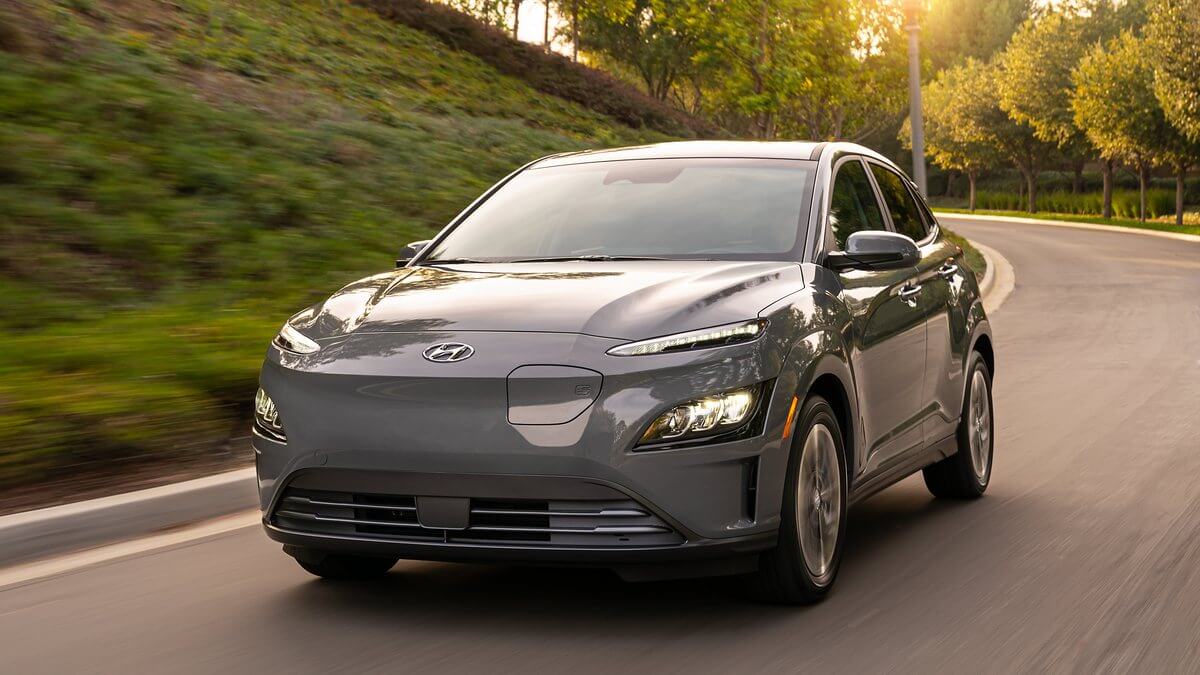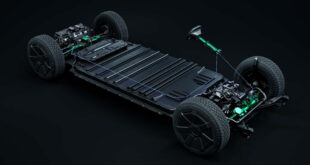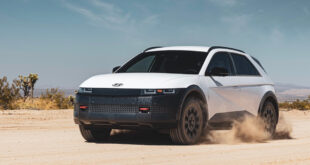Hyundai and LG Chem’s major battery mishap led to the recall of 82,0000 electric vehicles globally, prompting the company to replace every single one of them.
The vehicles affected include the Kona EV, Ioniq, and some city buses that came off the production line between November 2017 and March 2020. The recall refers to roughly 76,000 Kona EVs, including 25,000 sold in the domestic market of South Korea.
Hyundai recalls all vehicles because there were 15 instances where Kona EVs caught fire. Two of them were Canada, 11 in South Korea, and one each in Austria and Finland.
The South Korean transport ministry initiated an investigation to find out the root cause of this issue. Initial findings claim that the batteries LG Chem manufactured in China had some technical problems leading to the fire.
“It’s very significant for both Hyundai and LG as we are in the early stages of the electric vehicle era. How Hyundai handles this will set a precedent not just in South Korea but also for other countries,” said Lee Hang-Koo, a senior researcher at the Korea Institute for Industrial Economics & Trade.
LG Energy Solution denied the blame on its behalf. Namely, the battery maker stated Hyundai misinterpreted the instructions to enable quick charging in the cells.
Hyundai refused to comment on LG’s statement and said it would wait for the investigation done by the Korean government.
Meanwhile, owners of these vehicles are advised not to charge their car to more than 90 percent of the battery capacity until it gets replaced.
Other manufacturers in the EV race should learn from Hyundai’s mistake to avoid doing the same thing.
The shares of both LG Chem and Hyundai fell by 2.8% and 3.9%, respectively.
The estimated cost of this procedure would be around $900 million. However, without a specific cause yet identified, it is still too early to know who will be responsible for paying the high bill or if LG Energy Solutions and Hyundai will share the cost.








